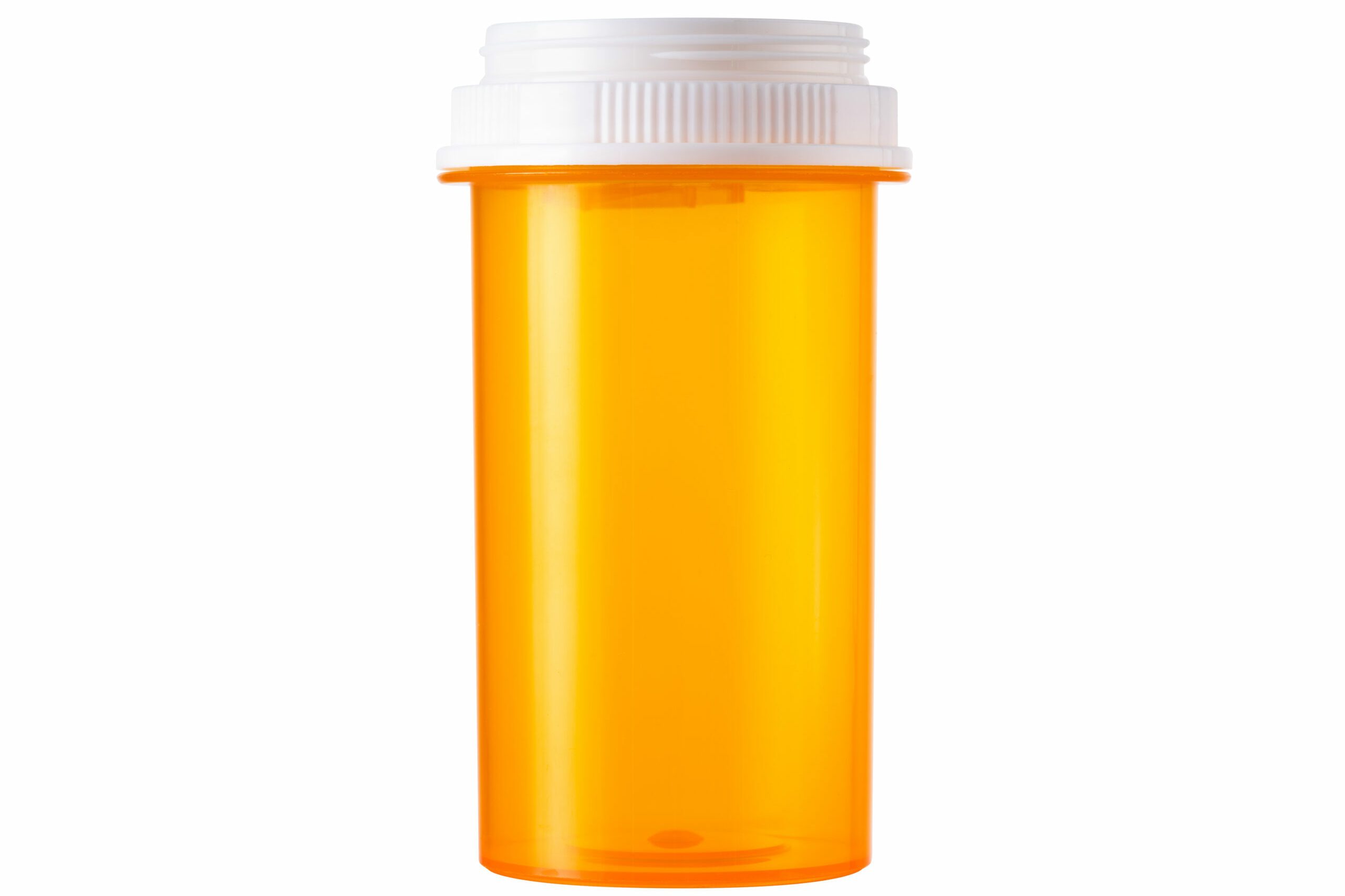It was manufactured by a well-known pharmaceutical company and may be used to treat a specific group of patients managing hypertension.

Another Blood Pressure Medication Has Been Recalled Nationwide

Of the medications that have been recalled in recent months, blood pressure drugs are among those that seem to surface most frequently. The only common theme seems to be, perhaps, that there are a lot of products on the market to treat the estimated 120 million Americans who are living with hypertension.
In one incident which took place in January, a pharmacist identified metal fragments packaged with a hypertension medication. Before that, in November 2024, another pharmaceutical company was under fire after blood pressure drugs were determined to include active ingredients from unapproved vendors.
This week brought a third BP drug recall, and now, there’s yet another recall on the blood pressure med that came to light this week. What makes this one a little unique is that among the patients this drug is administered to treat, the Mayo Clinic explains that it’s sometimes used for pregnant patients to control high blood pressure and prevent pre-eclampsia.
The U.S. Food and Drug Administration (FDA) issued a late January nationwide recall of HydrALAZINE Hydrochloride tablets distributed “nationwide with the United States” by McKesson Corporation (doing business as SKY Packaging). McKesson is a Dallas area company and one of the best-known manufacturers of pharmaceuticals, though the FDA notes this recall is tied to product from a Tennessee-based operation.
Hydralazine hydrochloride sometimes goes by the brand name Apresoline, and it’s a drug that works by relaxing the blood vessels.
In a February 4 update, the FDA has categorized the incident a Class II recall, defining the event as “a situation in which use of or exposure to a violative product may cause temporary or medically reversible adverse health consequences or where the probability of serious adverse health consequences is remote.”
Research suggests the drug is sometimes delivered via injection, but this recall applies to pills as the impacted drugs were sold in 100-count bottles containing 25-milligram (mg) and 50-milligram tablets. The FDA’s notice did not disclose the number of affected units.
Refer to national drug codes, lot numbers, and expiration dates to determine whether you have been prescribed the compromised products:
25 mg Tablets, NDC: 63739-327-10
- Lot Number: 0000127312; Exp. Date 31-Mar-2025
- Lot Numbers: 0000127576, 0000127577; Exp. Date 31-Jul-2025
- Lot Number: 0000128204; Exp. Date 31-Dec-2025
- Lot Number: 0000128358; Exp. Date 31-Jan-2026
50 mg Tablets, NDC: 63739-328-10
- Lot Numbers: 0000127410, 63739-328-10; Exp. Date 30-Apr-2025
- Lot Number: 0000127579; Exp. Date 31-Aug-2025
- Lot Number: 0000128245; Exp. Date 31-Dec-2025
- Lot Number: 0000128486; Exp. Date 28-Feb-2026
The FDA says the products were pulled from pharmacies after the company was alerted to the presence of impurities and failed “degradation specifications.” The latter defines how much a substance can break down while still meeting quality standards, and both problems could indicate a manufacturing issue. It may be possible that some patients already have the medications in their possession.
The affected medications were manufactured in Bengaluru, India.
Though the Class II risk level suggests that severe adverse effects are unlikely, you should not take the medications if you believe you have them in your possession. Contact your doctor or pharmacist to request a replacement, and be sure to disclose any adverse health effects you may experience to the FDA’s MedWatch Adverse Event Reporting Program.
For daily wellness updates, subscribe to The Healthy by Reader’s Digest newsletter and follow The Healthy on Facebook and Instagram. Keep reading:



















